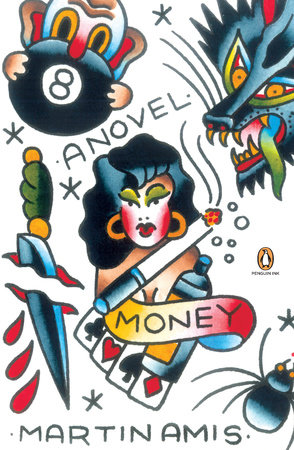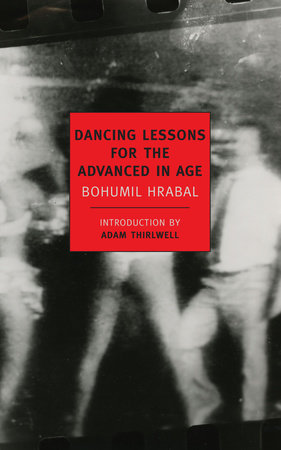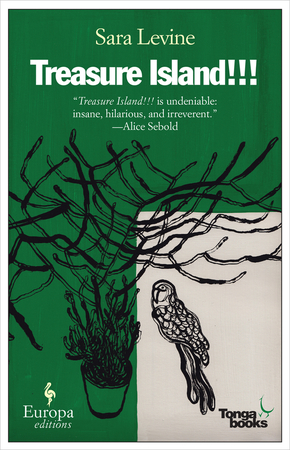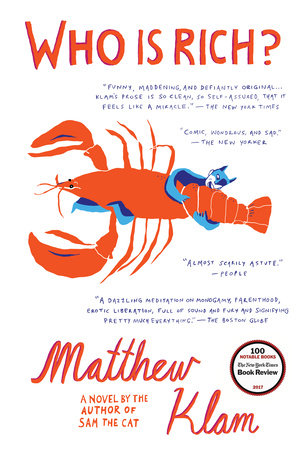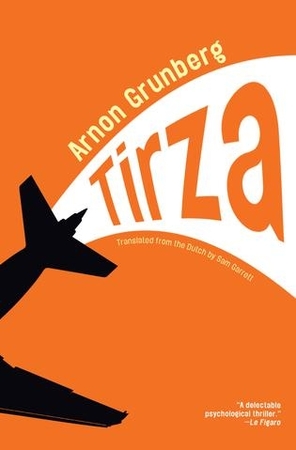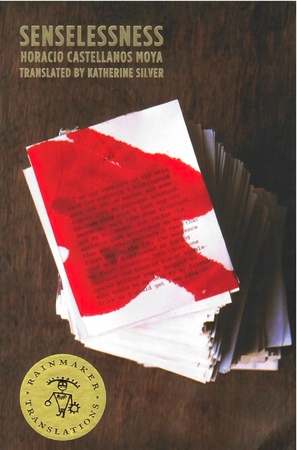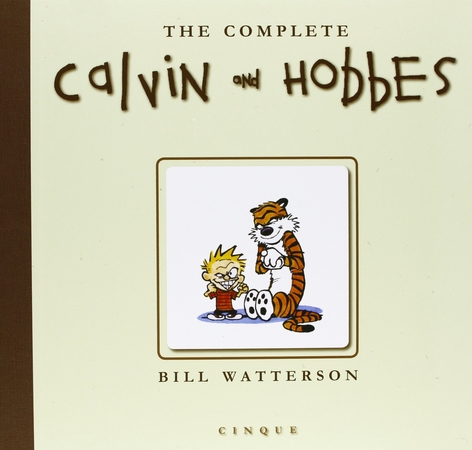Reading Lists
10 Charming Jerks in Fiction
Ryan Chapman, author of "Riots I Have Known," recommends literary antiheroes you love to hate
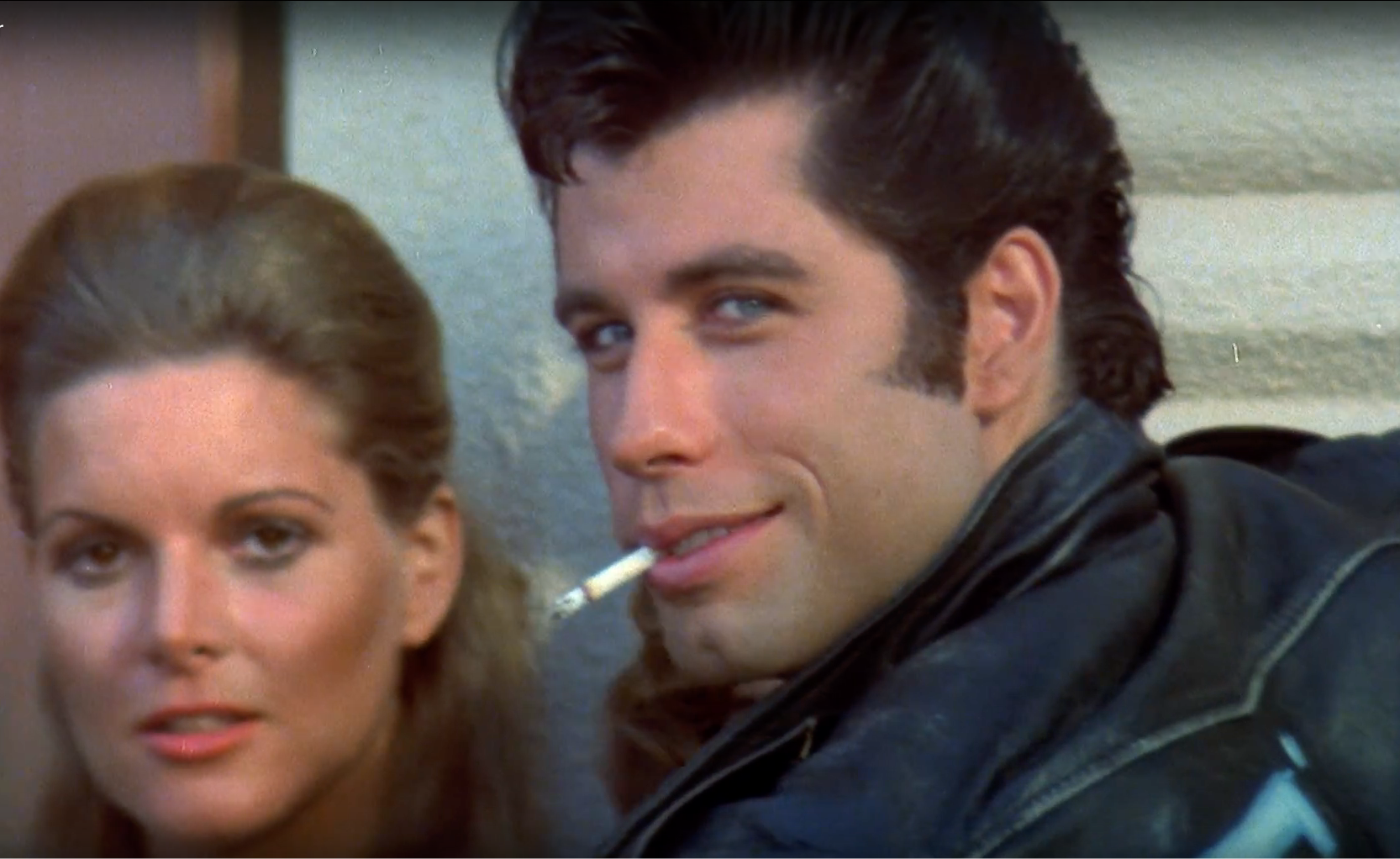
The “beach read” most often refers to frivolous page-turners, with an implied correlation between fast paced, plot-driven novels and the reader’s proximity to a body of water. While I understand the appeal, come summer I’m drawn to books with charming jerks. Call it Danny Zuko syndrome.
I have a professional interest, too: my novel Riots I Have Known is narrated by a sociopathic Sri Lankan prisoner in upstate New York. After accidentally triggering a large-scale riot he live-blogs his life story from the prison media lab, with aspirations of posthumous glory. To be clear, he’s a monster. But also, I loved writing his voice. (Reserve your judgments for later.) The narrator waxes nostalgic about his editorial stewardship of in-house lit journal The Holden Pen, his time as a Park Avenue doorman, and his youthful adventures in Sri Lanka’s black markets. His pretension knows no bounds, and it may not surprise you to learn I began writing Riots while living in Park Slope, Brooklyn.
Enough about me. Here are a few literary assholes to pair with your spritz and sunburn.
Money by Martin Amis
Steve Martin said a comedy should open with its silliest joke, so the audience knows what they’re in for. In that spirit, we may as well kick off the list with John Self, one of the 20th century’s great literary monsters. He’s equal parts alcohol, nicotine, racism, and buffoonery, careening through New York and London in the ostensible pursuit of financing a feature film. Self’s boorishness may test your patience, but Amis’s moral inquiry is deadly serious. Written in 1984, Money is a brilliant performance with regrettable relevance today.
Dancing Lessons for the Advanced in Age by Bohumil Hrabal
Would you like to read a book-length sentence about an elderly cad relentlessly hitting on his fellow retirees? Of course you would. With this slim book the Czech master perfected his “palavering” technique of endless soliloquy, full of ribald hearsay and wince-inducing braggadocio.
Treasure Island!!! by Sara Levine
Levine’s heroine, a recent college graduate with dim work prospects, fixates on the titular Robert Louis Stevenson adventure as her personal bible: She vows to live by its “Core Values” of BOLDNESS, RESOLUTION, INDEPENDENCE, and HORN-BLOWING. The obsession leads to increasingly erratic behavior and much trying of her family’s patience. Can you love a book too much? Levine says YES.
Who Is Rich? by Matthew Klam
It’s always refreshing to encounter a truly original jerk. Rich Fischer’s on the downslope of his career in cartooning and life in general. He teaches at a midsummer writing workshop in one of those New England seaside hamlets where everyone knows how to spell “coxswain.” His reason for doing so, besides the money, is to renew an affair with an adult student whose husband is a Trump-loving hedge fund manager. A lot of writers like to hover the protagonist’s finger over the self-destruct button; Klam smashes it repeatedly. A nuanced portrait of middle-age, middle-class failure.
Tirza by Arnon Grunberg
All Jorgen Hofmeester wants to do is throw his daughter a memorable graduation party. But his wife has left him, he’s lost his fortune, and his children are moving out of the country. This setup might induce eyerolling—more Updikean male suffering, really? Grunberg’s innovation is reveal Hofmeester’s narcissism while gently increasing his authorial distance, and to do so without condescension. This guy deserves everything he gets, but then, so do most of us.
Woodcutters by Thomas Bernhard
The late Austrian has experienced a renaissance in recent years, and considering his novels’ high spleen, intense navel-gazing, and distrust of institutions, this may not be a good thing. But I’ll take it: Woodcutters features the world’s worst dinner guest ripping into Vienna’s creative set from the (dis)comfort of his wing-back chair.
Senselessness by Horacio Castellanos Moya
The Salvadoran writer (and Bernhard fan) fled the country in 1997 after book burnings and death threats, and this 2004 work is evidence of Moya’s dedication to speaking truth to power. It deftly avoids polemic and didacticism in capturing the political awakening of a priapic drunk. The protagonist takes a Church-funded freelance gig to edit an oral history of the army’s violence against El Salvador’s indigenous peoples. Thus begins a paranoid triangulation between the government and the Catholic church, with Pynchonesque mania and a final page that provokes both applause and professional jealousy.
Calvin & Hobbes by Bill Watterson
Hear me out. Calvin pelts Susie with snowballs, makes his parents’ lives hell, and proudly never learns his lesson. While he would most certainly grow up to attend Duke, we can enjoy Calvin’s youthful adventures. There was a late-career critical appreciation of Charles Schulz before his passing; I hope we can do the same for Bill Watterson, who—hot take!—bested Peanuts in ideas, formal invention, humor, and consistence. If you can swing it, the three-volume collected set is the best $100 you’ll ever spend.





